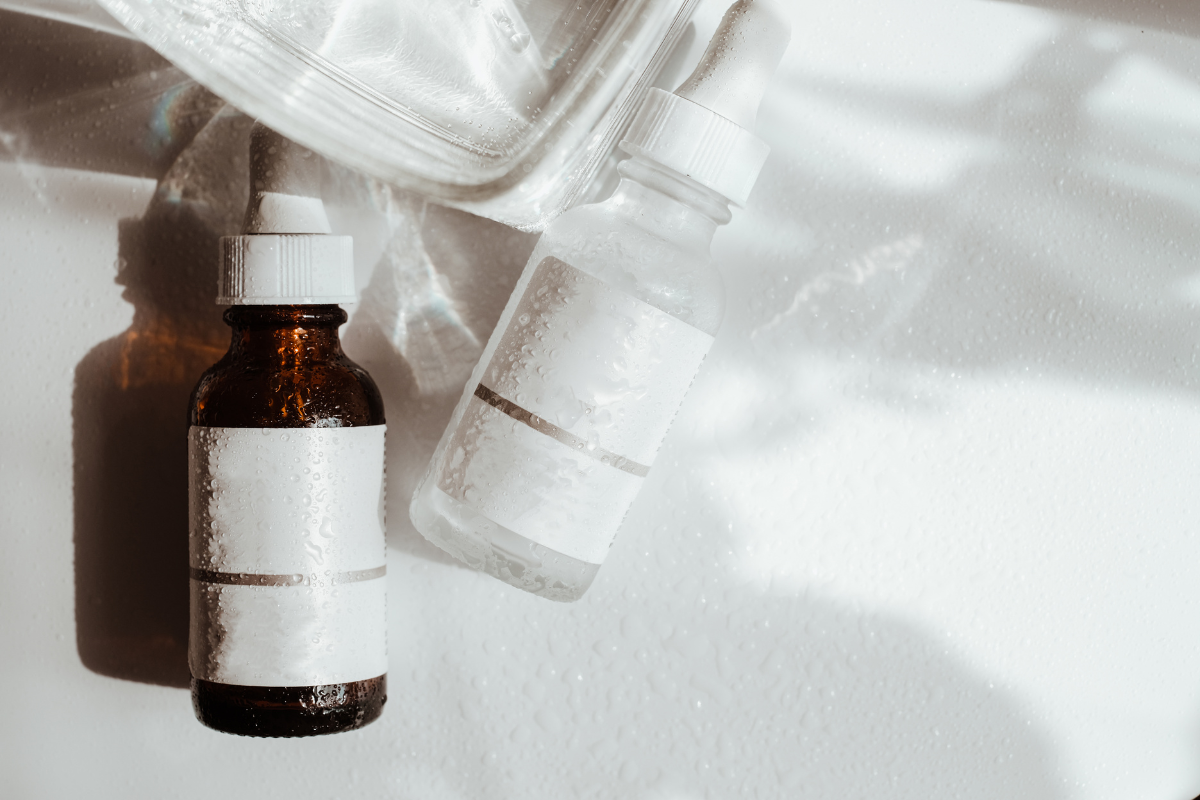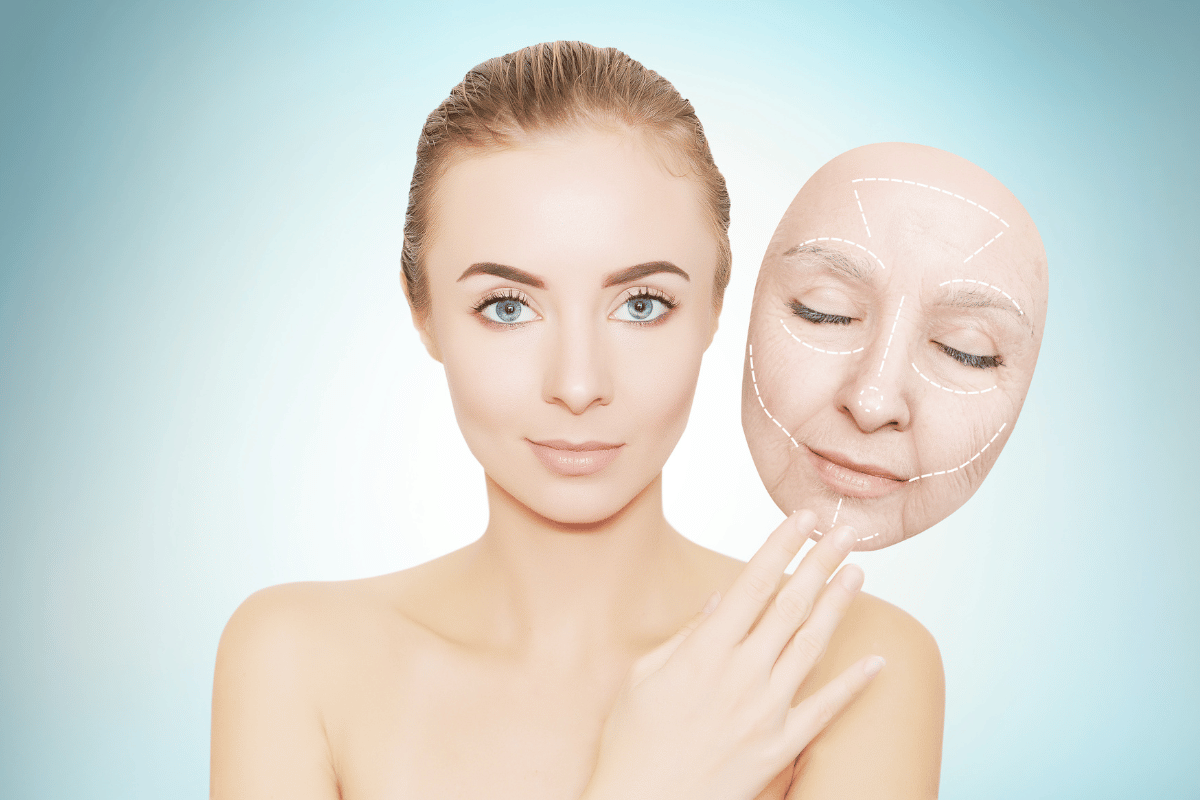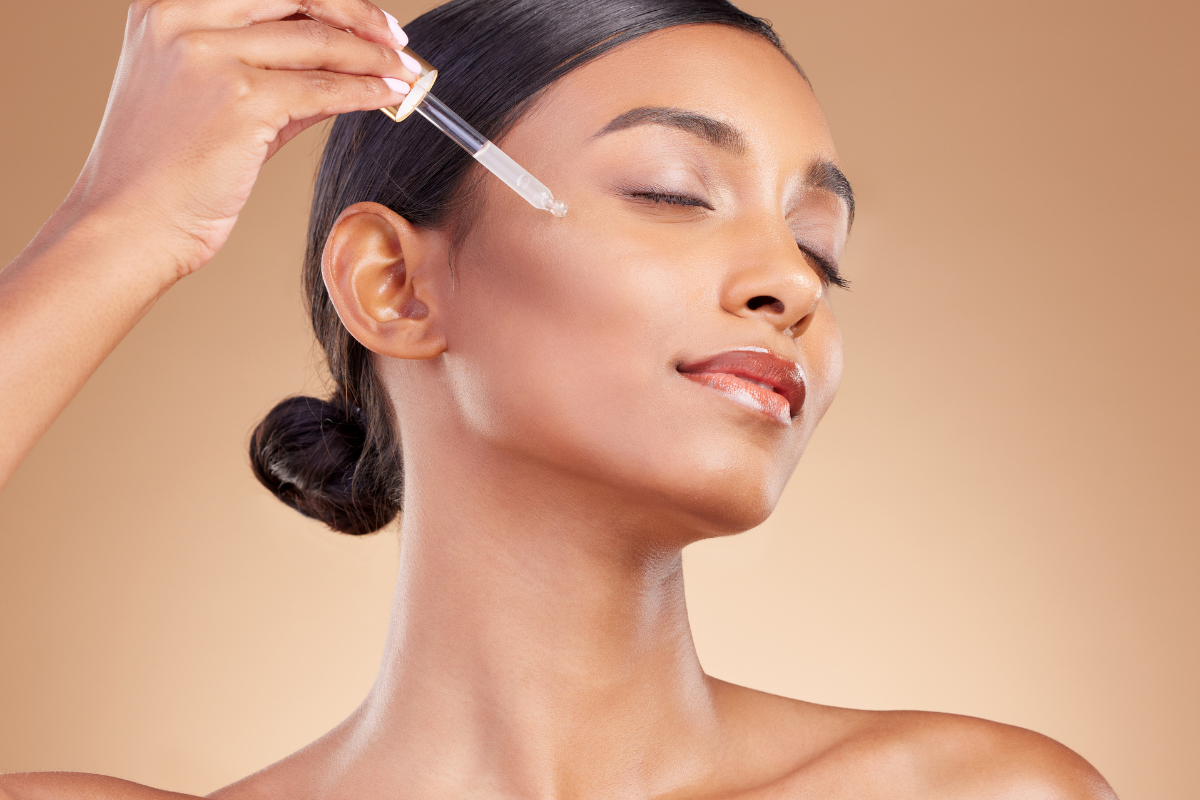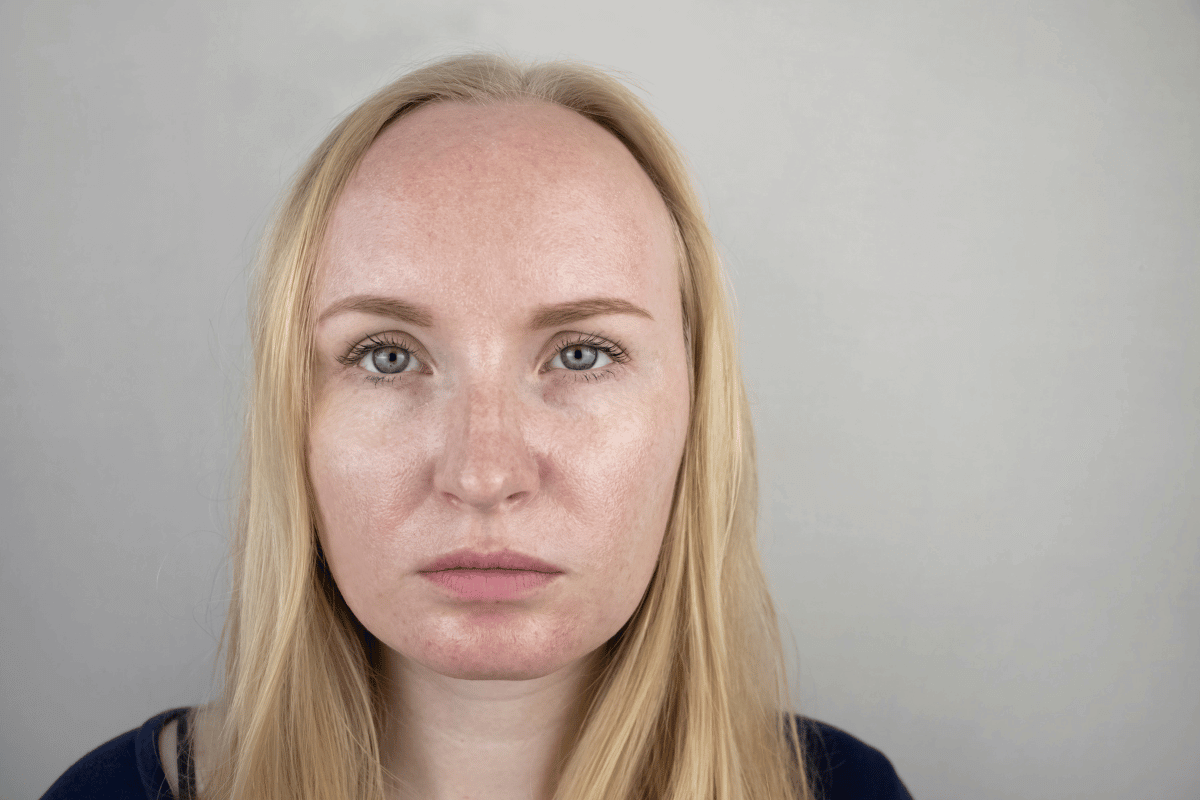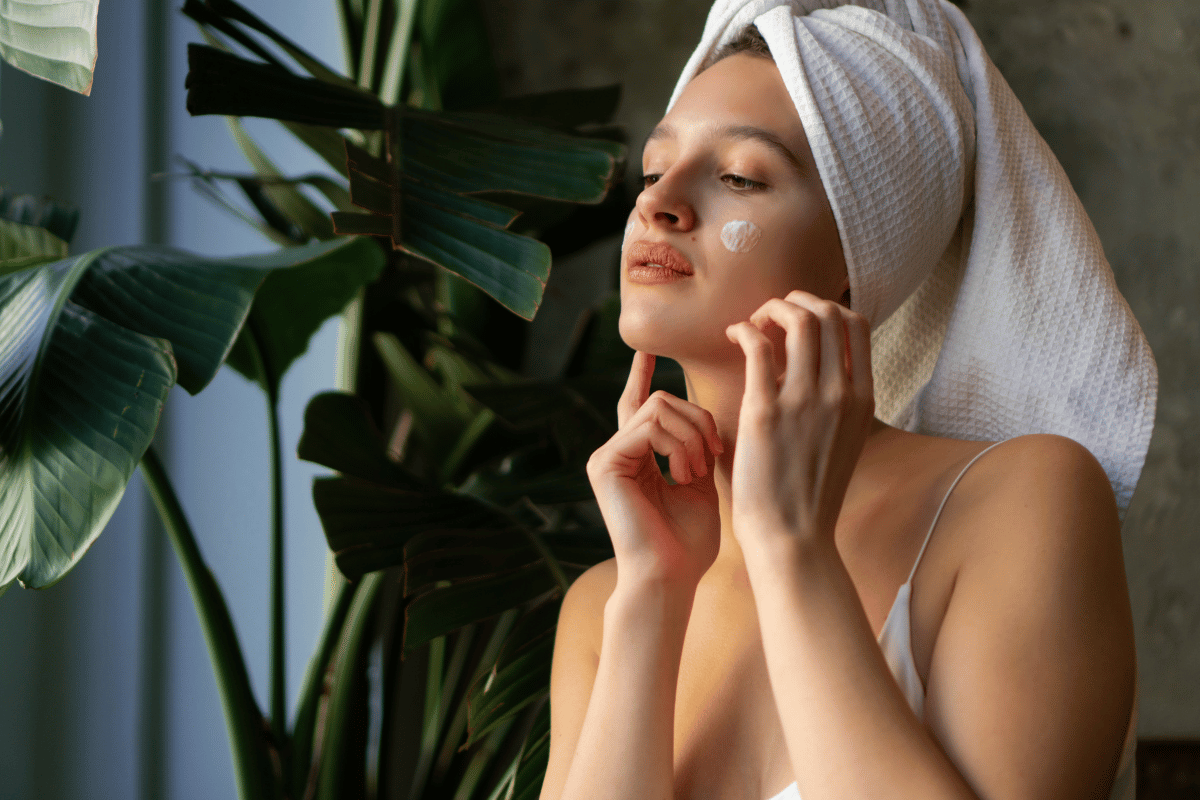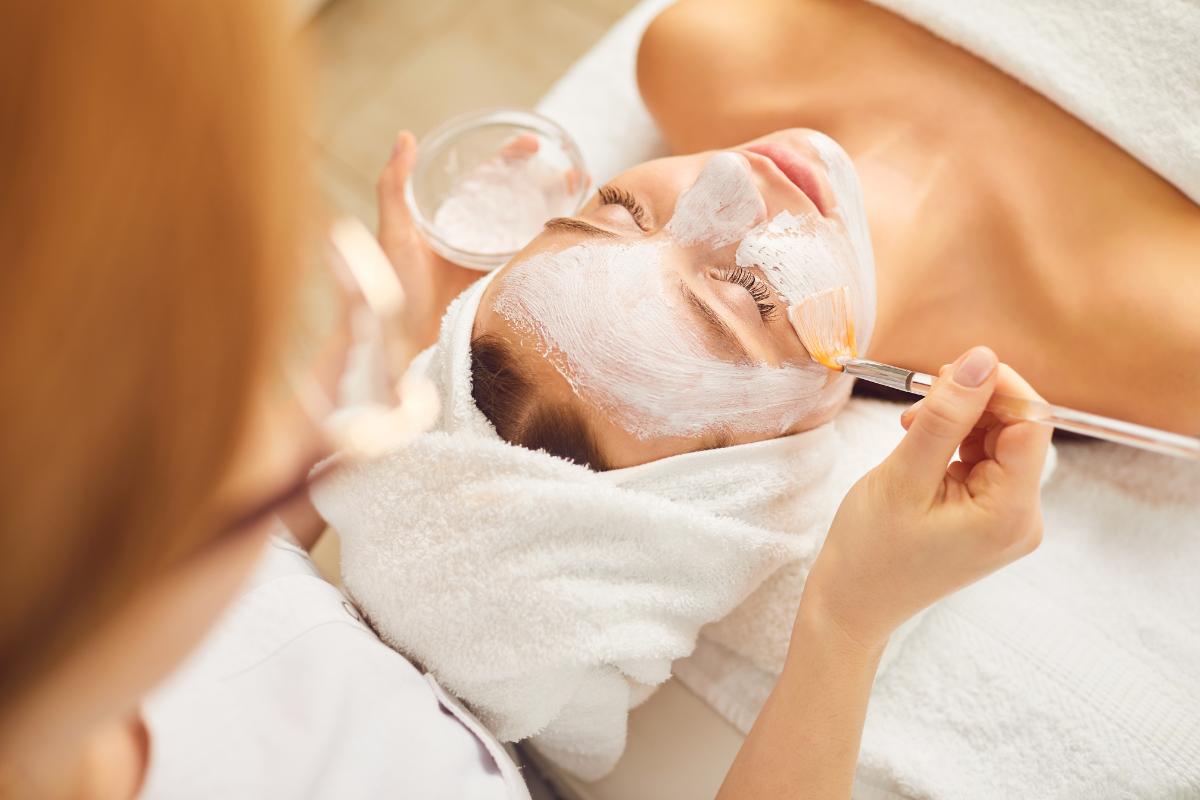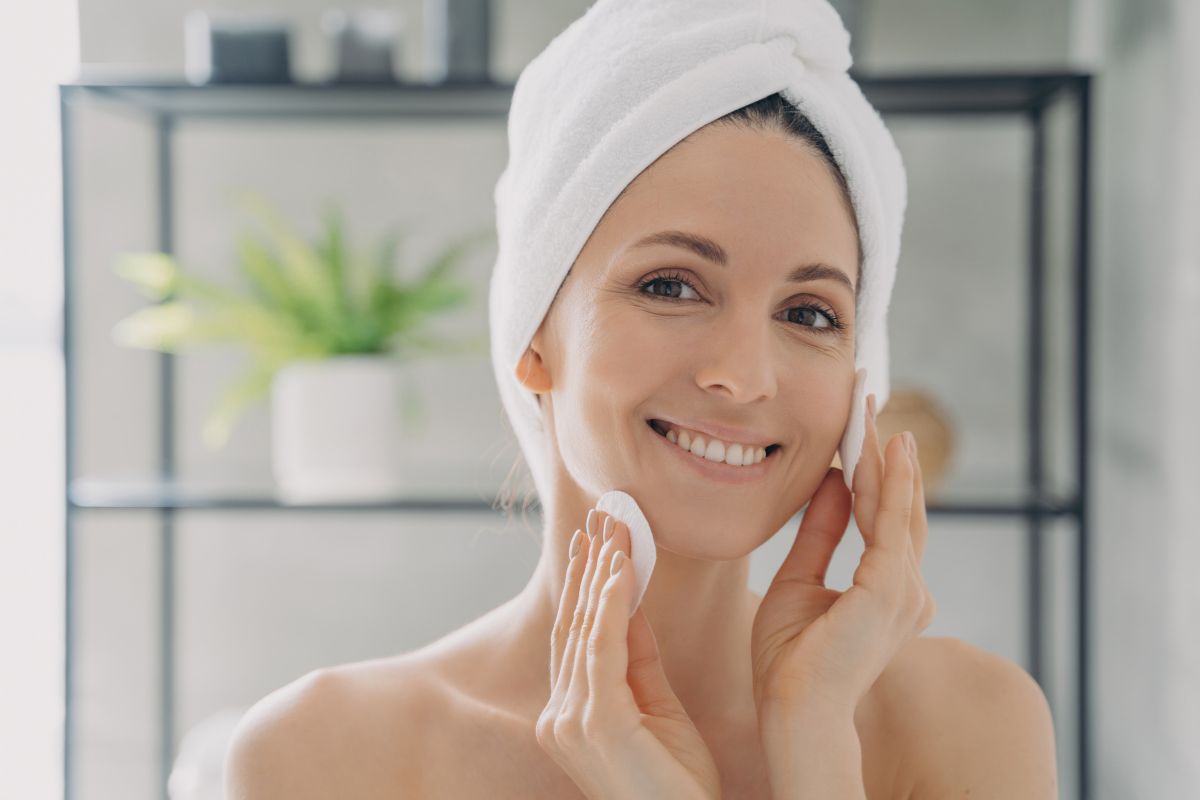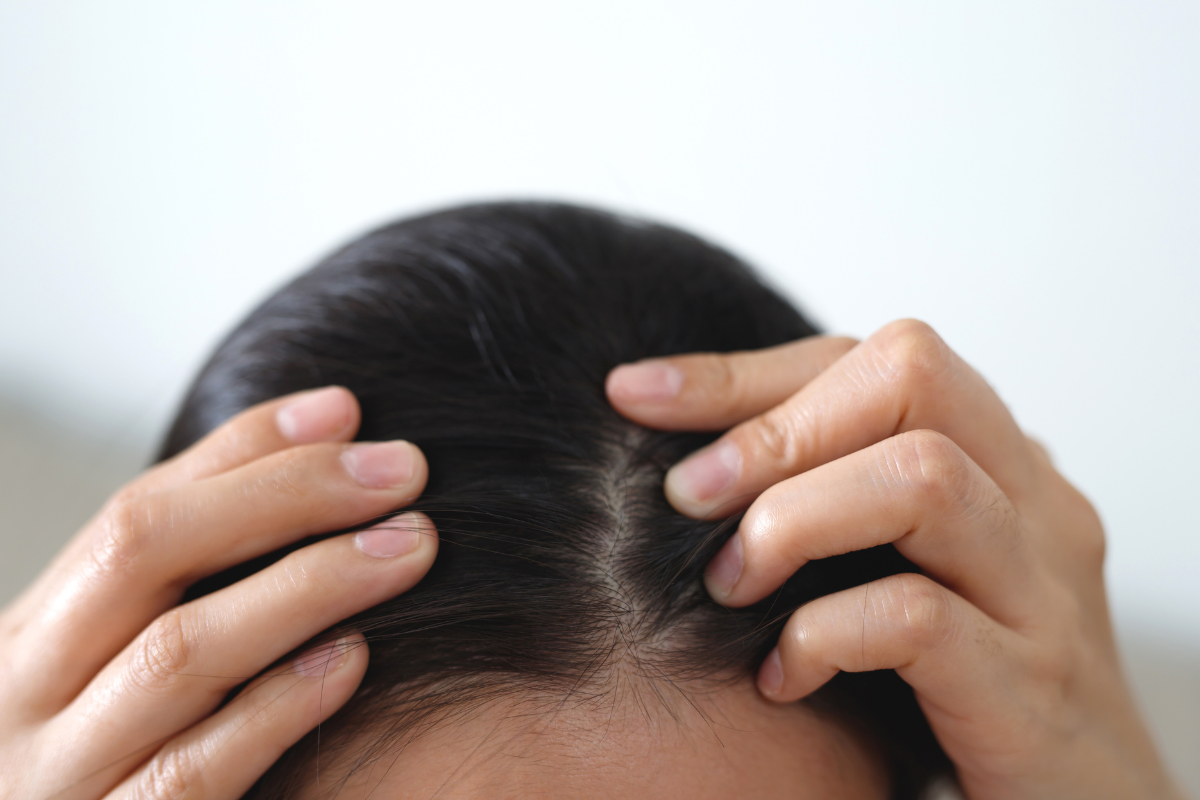Whenever you listen or read any interview of a celebrity or a person having good skin, asked about the secret behind their skin beauty, 90 of 100 gives you the same old answer – I drink plenty of water. Believe me, everyone has listened to this and tried to apply but merely got the desired result.
Why? We will discuss this later on in this article. On the other hand, skin care experts and brands keep saying you must keep your skin moisturized, it won’t do it itself. Confused? – Of course. This much mixed advice around us is going to confuse us no matter what we believe or know.
The thought must come that what really matters is what goes into our body or what we wear on our face? – The answer could be something that you know but we do not know. Is relying on any one of these – water vs moisturizer is enough? – This is what we are going to break down in this article further. So, be with us for the next five minutes while we bring the best on the table.
Table of Contents [hide]
What does skin hydration mean?
Normally, we understand this as how much water our skin is holding. That is what skin hydrates for us. But well-hydrated skin is beyond this. It feels soft, smooth, and comfortable in various conditions, too. It bounces back when you press it gently and, above all, has a natural glow that shines out your look and grace. But skin that lacks water doesn’t have most of these.
Most of the time, hydration is misconceived as oiliness of the skin. Your skin can be oily but that certainly does not mean that it is well hydrated. It can still be dehydrated and dry if it lacks enough water. All the water you put in your body does not come up to your skin. And, that is why you need to top it out with right skincare products to give them the right amount of hydration when it is needed. Moisturisers are exactly doing what it needs.
So, keeping your skin hydrated is more than just splashing it with water; it’s about helping it hold onto that water where it’s needed most.
Can drinking water alone hydrate your skin?
Drinking water is definitely important for your overall health, and that includes your skin, but it’s not a cure-all. While staying hydrated helps your body function properly, your skin doesn’t get first access to the water you drink. It goes to your vital organs first, so unless you’re severely dehydrated, chugging extra water won’t suddenly make your skin glow. If your skin is dry or dull, the issue might not be a lack of water intake but how well your skin holds onto moisture.
Here’s what you should know:
- Water helps, but it’s not enough on its own. It supports your body’s systems, but it won’t directly fix dry or flaky skin.
- Your skin is the last to get the water – After your internal organs take what they need, only a small portion affects the skin.
- Visible results from drinking water take time – You won’t see instant changes in your skin just from drinking more water for a day or two.
- Dry skin might be a barrier issue – If your skin barrier is weak, it loses water quickly, no matter how much you drink.
- Climate and age affect hydration – Cold air, dry heat, and aging can all reduce your skin’s ability to hold water.
- You still need topical products. Even with enough water in your system, your skin benefits from moisturizers that lock that moisture in.
In short, water helps, but it’s not the whole solution. That’s where moisturizers come in.
What do moisturizers really do?
Moisturizers do much more than just make your skin feel soft or smell good. Their real job is to help your skin hold onto water and prevent it from drying out. Every day, your skin loses moisture due to weather changes, indoor heating or cooling, harsh cleansers, and even aging. Without something to protect it, this constant water loss can lead to dryness, irritation, and a compromised skin barrier. That’s where moisturizers step in—they act like a shield while also helping to restore and maintain balance.
The best moisturizers are formulated to work in a few different ways:
- Attract water – Humectants like hyaluronic acid and glycerin pull water into the top layers of your skin from the air or deeper layers.
- Trap water – Occlusive ingredients such as petrolatum, beeswax, or shea butter create a barrier on the surface to slow down water loss.
- Support your skin barrier – Many moisturizers contain ingredients like ceramides or niacinamide that strengthen your skin’s natural defenses.
- Soothe irritation – Ingredients like aloe vera, panthenol, or chamomile help calm down redness and sensitivity.
- Deliver nutrients – Some moisturizers include vitamins and antioxidants that nourish and protect your skin from environmental stress.
- Improve texture over time – With regular use, a good moisturizer can reduce rough patches and flakiness, giving your skin a smoother feel.
So, which one matters more: water or moisturizer?
Here’s the bottom line—they work together.
- Drinking water supports overall body hydration, which is a foundation for healthy skin.
- Moisturizers help lock in that hydration, especially where your skin struggles to retain moisture on its own.
If you’re skipping moisturizer but drinking gallons of water, your skin might still feel dry. On the flip side, if you’re using moisturizers but not drinking enough water, your skin won’t function at its best either.
Common myths about skin hydration
Let’s clear up a few things people often get wrong:
Oily skin doesn’t need moisturizer
Wrong. Oily skin can still be dehydrated, which means it lacks water (not oil). In fact, skipping moisturizer can make oily skin worse as it tries to overcompensate.
You don’t need moisturizer if you’re drinking enough water.
Not true. Environmental factors like wind, cold, and even air-conditioning strip water from your skin. Moisturizers help protect and prevent that loss.
All moisturizers hydrate
Nope. Some moisturizers are heavy on occlusives but light on humectants (water-attracting ingredients). Others do a better job of soothing than actually hydrating. Check the ingredients if hydration is your main goal.
What’s the best way to keep your skin hydrated?
Keeping your skin hydrated isn’t just about drinking more water or slapping on a random cream. It’s about creating a simple, consistent routine that helps your skin absorb and hold onto moisture. This means using the right products at the right time and being mindful of daily habits that might be drying your skin out.
A few small changes can go a long way like choosing gentle cleansers, applying products while your skin is still damp, and adjusting your routine based on the season. The key is to support your skin both from within and on the surface, so it stays comfortable and balanced all day long.
Here’s how to do it right:
- Start with a gentle cleanser. Avoid harsh soaps or cleansers that strip your skin of its natural oils.
- Apply products to damp skin – Lock in water by using serums or moisturizers right after cleansing, before your skin dries completely.
- Use a hydrating serum. Look for humectants like hyaluronic acid or glycerin to pull water into your skin.
- Seal with a good moisturizer – Choose one with both humectants and occlusives to hydrate and protect.
- Drink water throughout the day – Keep your body hydrated to support your skin from the inside out.
- Adjust your routine with the weather – Use richer moisturizers in colder months or dry climates to combat moisture loss.
- Avoid long, hot showers – They feel nice but can strip moisture from your skin quickly.
Wrapping it up
At the end of the day, keeping your skin hydrated isn’t about choosing between water or moisturizers—it’s about using both the right way. Staying hydrated from the inside is important, but your skin also needs support on the outside to lock in that moisture and stay balanced.
With a little consistency and the right routine, you can give your skin exactly what it needs to stay soft, smooth, and happy. Everyone’s skin is different, though—so if you’re unsure where to start or what products suit you best, we’re here to help.

